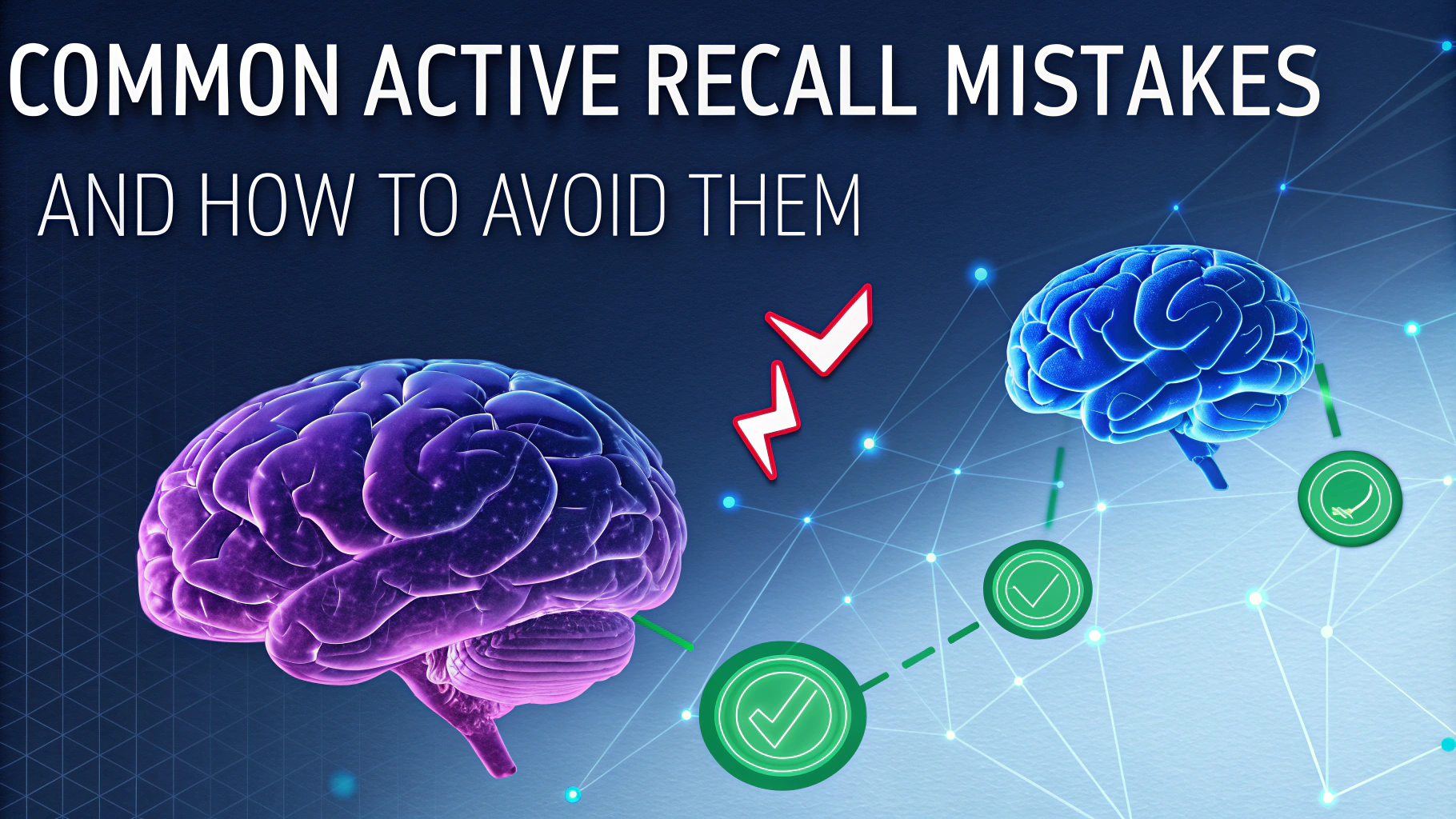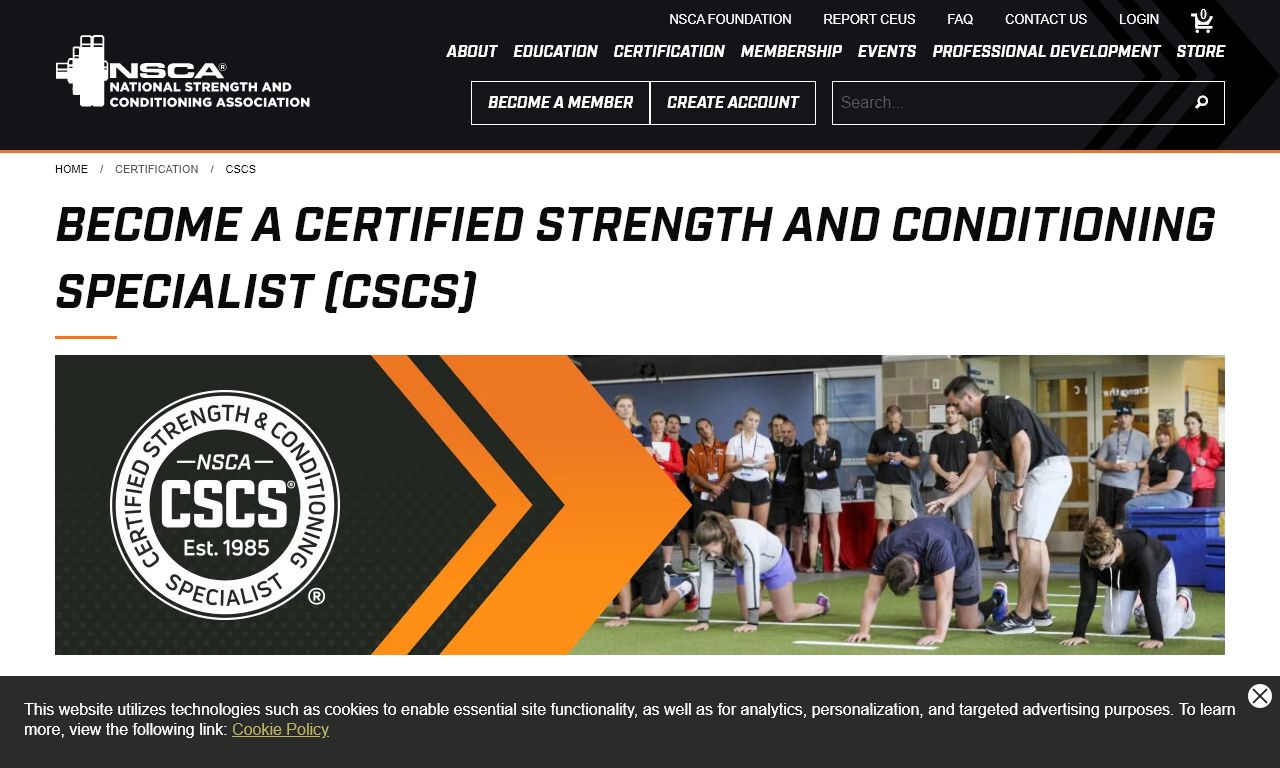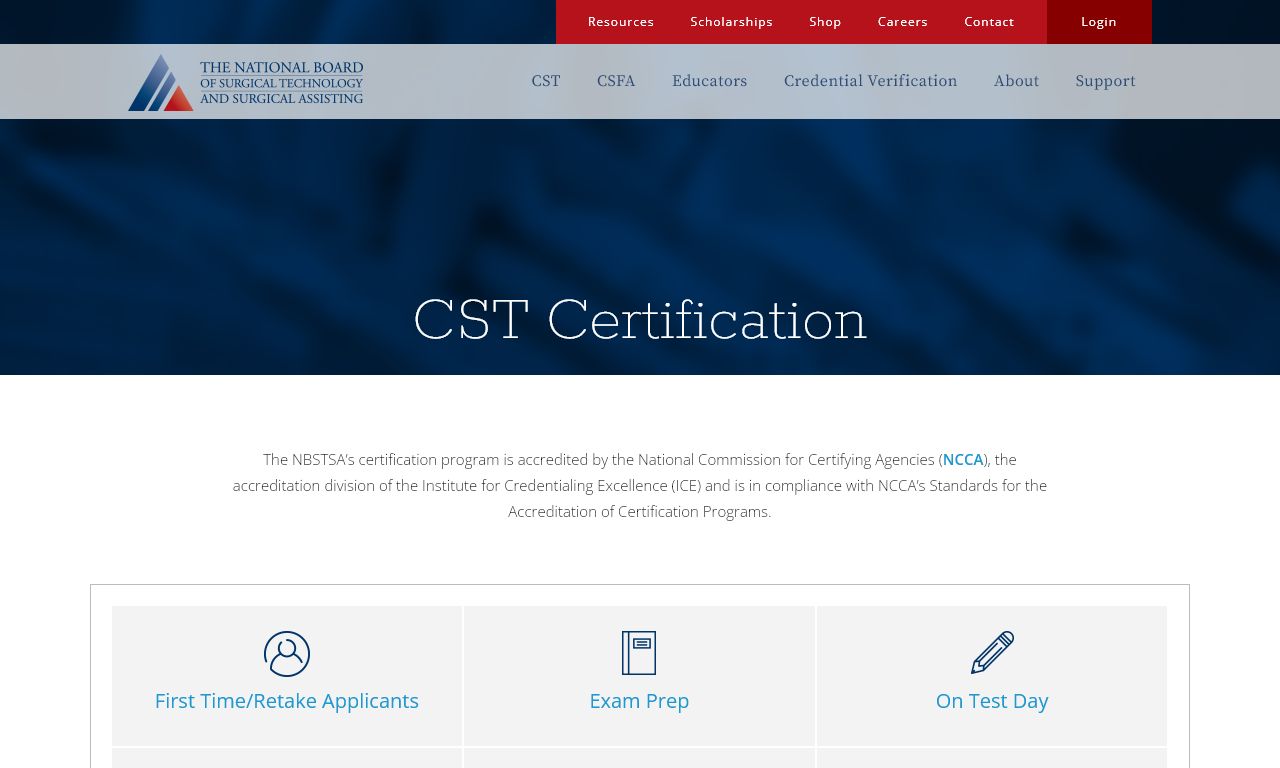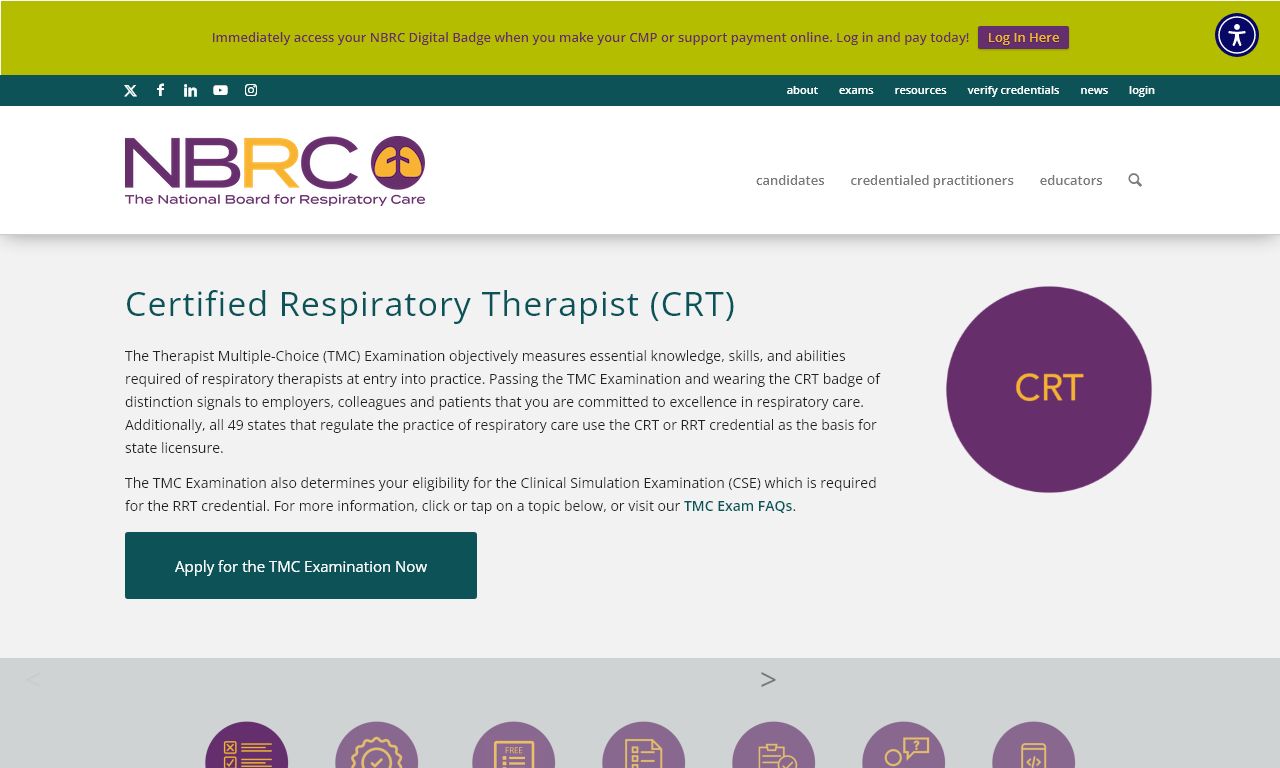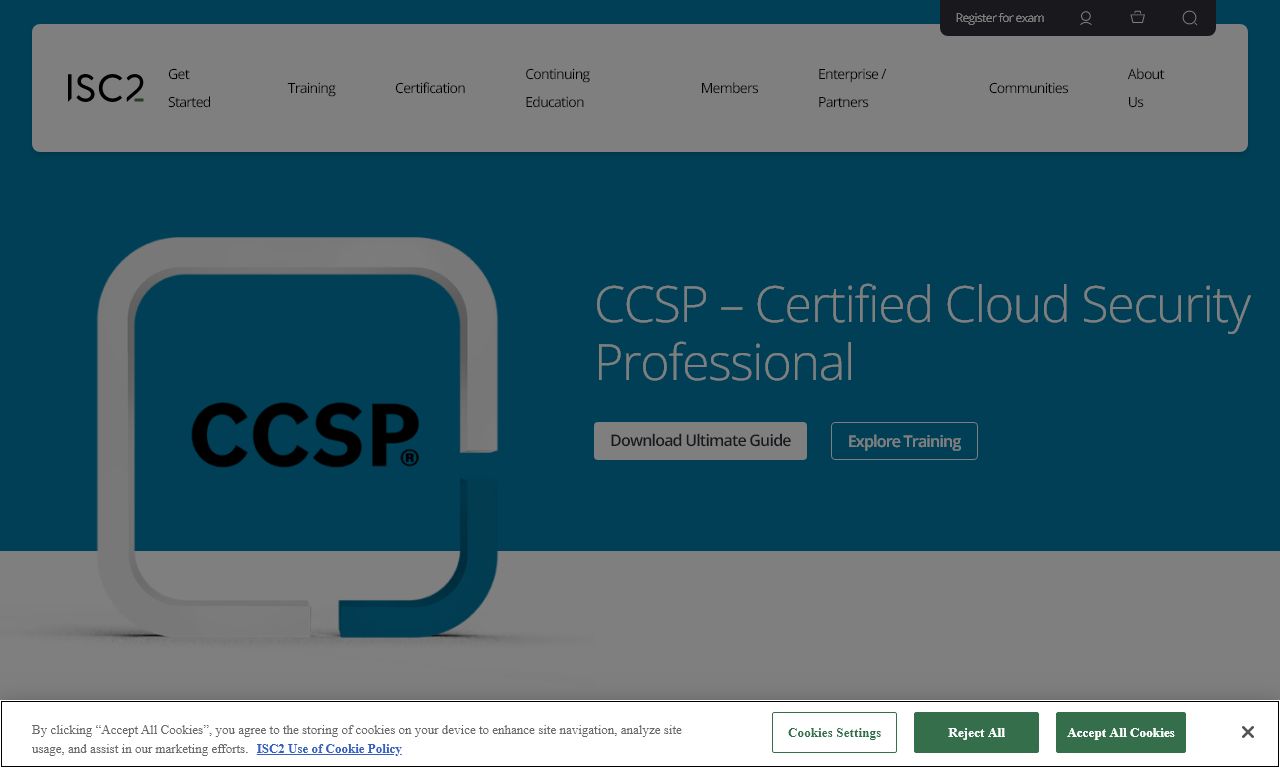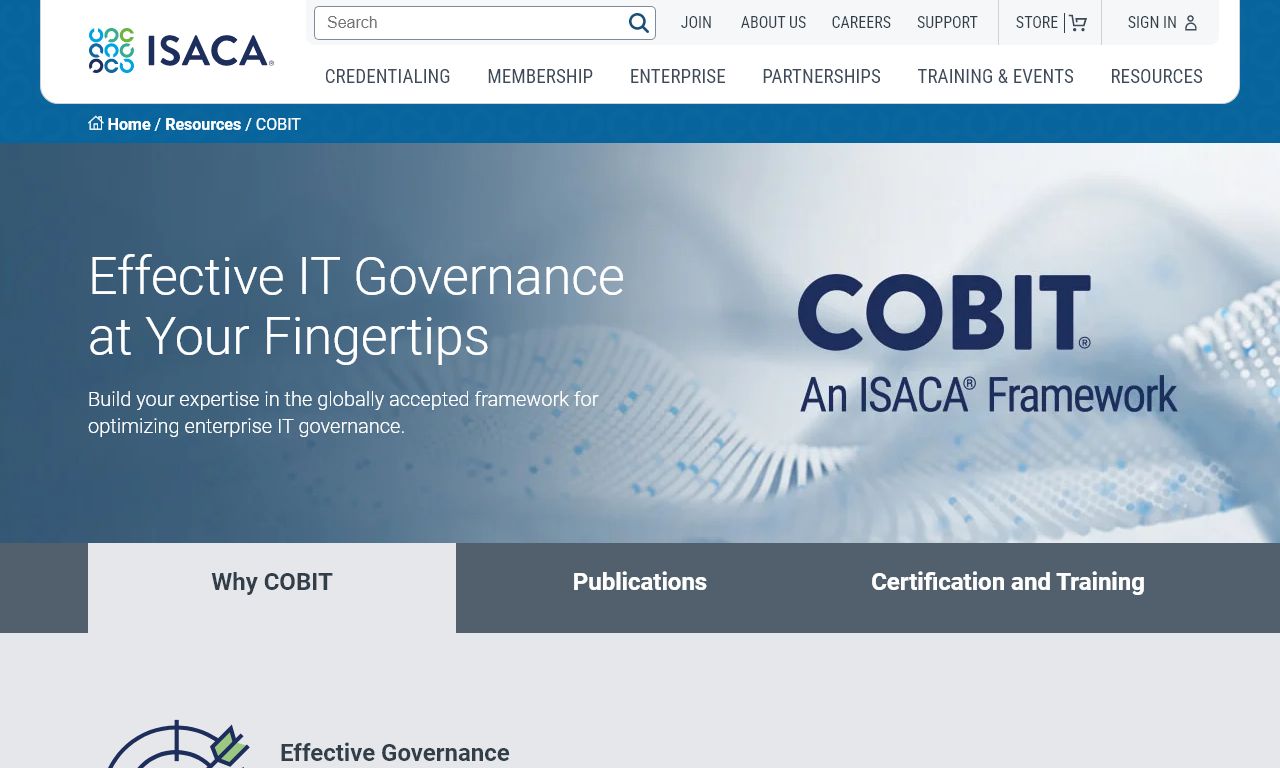Active recall mistakes can seriously impact your exam performance, but they’re easy to fix once you know what to look for.
Common Active Recall Mistakes
- Passive Reading – Simply re-reading notes without engaging with the material
- Checking Answers Too Quickly – Not giving yourself enough time to think and retrieve information
- Using Too Many Hints – Relying heavily on prompts defeats the purpose of active recall
- Irregular Practice – Waiting until just before exams to start active recall exercises
Solutions and Best Practices
Transform passive reading into active learning by creating your own questions while studying.
Quick Tips for Better Active Recall:
- Wait at least 30 seconds before checking answers
- Practice daily, even if just for 15 minutes
- Create flashcards without hints or prompts
- Test yourself in different environments
Effective Study Methods
Use the Cornell Note-taking system to generate recall questions from your lecture notes.
| Method | How to Use |
|---|---|
| Feynman Technique | Explain concepts in simple terms without looking at notes |
| Blank Page Method | Write everything you remember about a topic on a blank page |
| Question Generation | Create exam-style questions from your study materials |
Creating an Active Recall Schedule
- Morning: Review previous day’s material
- After Class: Generate questions from new content
- Evening: Test yourself on the day’s topics
- Weekly: Comprehensive review of all subjects
Tools and Resources
These tools can enhance your active recall practice:
- Anki – Spaced repetition flashcard software (Download)
- Quizlet – Online flashcard and quiz creator
- RemNote – Note-taking app with built-in active recall features
- ExamTime – Free online mind mapping and flashcard tool
Common Traps to Avoid:
- Highlighting text without creating recall questions
- Memorizing without understanding core concepts
- Skipping difficult topics
- Not reviewing missed questions
Track your progress using a simple spreadsheet to identify weak areas and adjust your study approach accordingly.
Contact your school’s academic support center for additional guidance on implementing these active recall techniques.
Tracking Your Progress
Measuring active recall effectiveness helps optimize your study routine:
- Success Rate – Track percentage of correct answers
- Response Time – Monitor how quickly you retrieve information
- Topic Coverage – Ensure all subjects receive adequate attention
- Retention Duration – Note how long you maintain accurate recall
Advanced Active Recall Techniques
Enhancement Strategies:
- Teach concepts to others
- Create mind maps from memory
- Record voice explanations
- Draw diagrams without references
Adapting for Different Subjects
| Subject | Recommended Approach |
|---|---|
| Mathematics | Solve problems without formula sheets |
| Languages | Practice conversations without vocabulary aids |
| Sciences | Explain processes and cycles from memory |
Conclusion
Successful active recall requires consistent practice, proper technique, and regular adjustment of strategies. Focus on understanding rather than memorization, maintain a structured schedule, and use appropriate tools to support your learning journey. Remember that mistakes are learning opportunities, and tracking your progress helps identify areas for improvement.
Final Reminders:
- Start implementing active recall early in the semester
- Adjust techniques based on performance data
- Combine with other study methods for optimal results
- Seek feedback from instructors and study groups
FAQs
- What is the biggest mistake students make when using active recall?
Testing themselves too soon after learning the material without allowing time for initial processing and understanding of the concepts. - Is it better to use active recall with notes open or closed?
Closed notes are more effective for active recall as it forces genuine memory retrieval, though notes can be checked after attempting to recall information. - How can I avoid the illusion of knowledge when using active recall?
Test yourself using different question formats, explain concepts to others, and create complex scenarios that require deeper understanding rather than simple memorization. - What’s wrong with highlighting and re-reading as active recall methods?
These are passive learning techniques that create false confidence and don’t effectively engage memory retrieval processes like true active recall does. - How frequently should I practice active recall for optimal retention?
Follow spaced repetition principles: review material at increasing intervals (24 hours, 3 days, 1 week, 2 weeks, etc.) rather than cramming in one session. - Should I only focus on topics I find difficult when using active recall?
No, practice active recall on all material, as seemingly well-understood topics may have knowledge gaps that only become apparent through testing. - What’s the problem with only using multiple-choice questions for active recall?
Multiple-choice questions can lead to recognition rather than true recall and may not develop deeper understanding or connection between concepts. - How can I avoid becoming discouraged when active recall reveals knowledge gaps?
View mistakes as valuable feedback that identifies areas needing more focus, rather than as failures. Use these insights to guide your study strategy. - Why isn’t my active recall practice improving my exam performance?
You might be practicing under unrealistic conditions – ensure your practice mimics exam conditions including time pressure and question formats. - What should I do if I completely blank during active recall practice?
Wait 30 seconds trying to retrieve the information, then check your notes, and create a new recall attempt within 24 hours focusing on the forgotten material.
